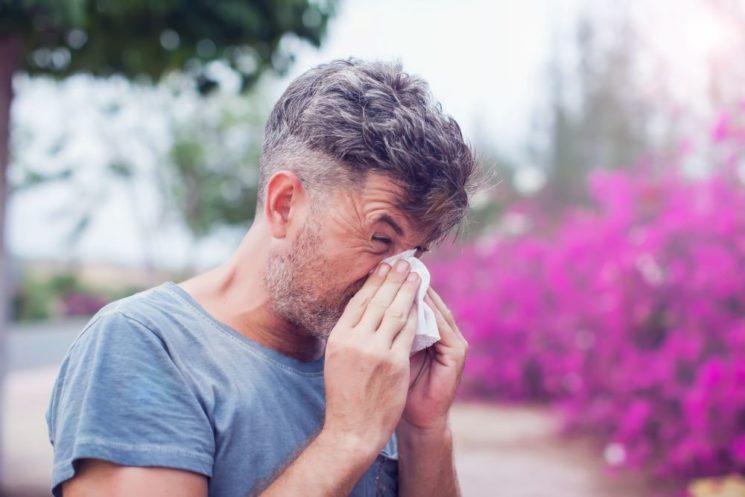What is cholesterol?

With the right treatment, hay fever can be kept under control – we spoke to allergy specialist Dr Helen Cox to find out more.
Read this article

A patient at Cromwell Hospital talks about their experience undergoing minimally invasive mitral valve repair.
Read this article

Learn more about how to care for your skin in winter with consultant dermatologist Dr Christina George.
Read this article